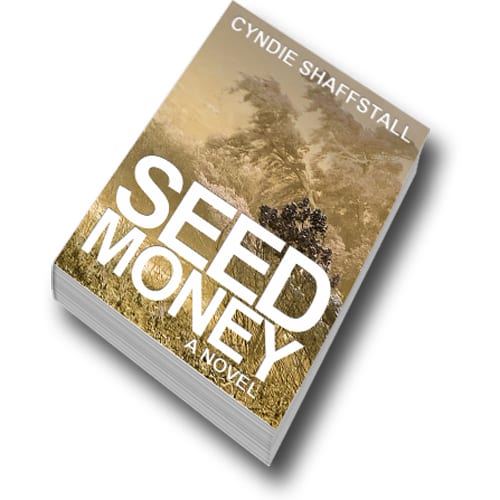Description
The Arceneaux family has a long history of falling victim to circumstance, but heir to the family home, one woman is determined the legacy will end with her. Embroiled in the fleecing of New York’s bridge funds, she is offered a new life in New Orleans, but what she finds is an abandoned house, a fractured family, and an oppressed people. Determined, she confronts the challenges head on, but soon realizes change is not something needed only for her, but for many.
In the decades before the Civil War, Louisiana was the most advanced in the rights of people of color—Africans and Indians—and women, including the right to vote. Marriage between races was legal, and mulatto, quarteronne, and octoroon children were recognized by their white fathers and often became land and business owners through gifts or the wills of patriarchs.
The Civil War brought change—any black lineage became cause for discrimination—and many blacks were relegated to occupations not unlike those of their ancestors. The women’s rights movement lost momentum as well, and it was only through the sheer will of women such as Stanton and Anthony, that organizations were formed and the voices of women would come to be heard.
Willows Plantation, still worked by the descendants of the slaves who built it, becomes the anchor to affect change and in a historical fiction spanning five generations, author Cyndie Shaffstall, takes you on a journey through abolition and suffrage. A Voodoo priestess, a French artist, the first woman presidential candidate, and the world’s fair shed light on issues and provide opportunities for a better life for the entire family.
Note: The third book in the Delegate series, Willows is an independent story told in the same manner, not a continuation of the storyline.




